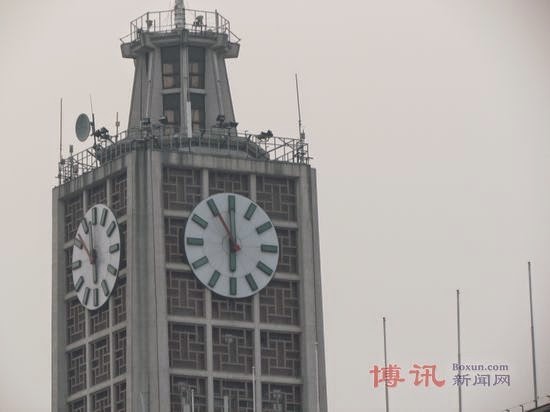WEEK 9: Cloud? What shall we do if it “rains”?
During the blog era, one of my favorite entertaining activities was reading Google Reader. Even though the amount of active bloggers was dramatically declined later, I still found much fun there. Last spring, as you all know, Google announced its discontinuation and gave us a specific date. I started to feel extremely gloomy: My Google reader is dying, and no one can stop that. I even tried to take part in several web discussions on How much money do we need to donate to save Google Reader?
So when almost every IT giant provides its beautiful looking cloud service to the public, I start to hesitate, not about whether it’s good or not, but how long it could live. As Lametti (2012) emphasizes, on the cloud, “The structure could be more easily controlled” (p.222). I can’t stop thinking about one paradox: if I assume that one day all cloud services would discontinue (do you agree with that?), what shall we do if we overly dependent upon them? After all, if it’s “cloudy” for too long time, there is a great possibility to start“raining” in the end.
Perhaps the best way I could think of to avoid the Google Reader Tragedy is too maintain as many users as possible. Anyway, the thing is that how to guarantee your chosen service always be popular enough? Yes, some of you might argue that services like Google Cloud would be quite safe, but this is just how I felt about Google Reader several years ago.
So personally, I’m not yet ready to face the potential consequence of the sunset of cloud service, at least for now.
Work Cited:Lametti, D. (2012). The Cloud: Boundless Digital Potential or Enclosure 3.0?. Virginia Journal of Law & Technology Association, 17(3), 192-243.x




